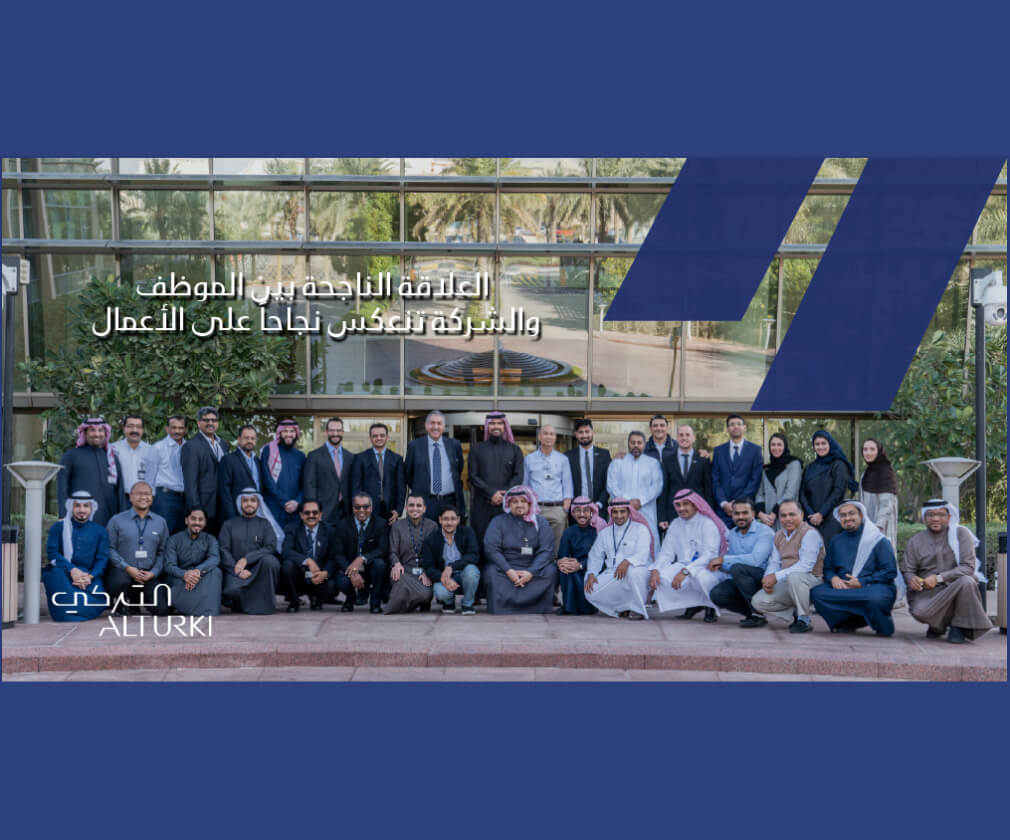
Having progressed from a relatively modest family business in 1975 to become one of Saudi Arabia’s large-scale employers, Alturki has evolved and embraced the changes that have come with that growth. So much has changed across the world from when companies regarded workers as a commodity rather than an asset, but for those organisations which have always had a respect for their workforce and the foresight to realise the benefits of a good working relationship, the rewards have been boundless.
There is a mutual – and moral – code of conduct which employers must abide by and common standards which workers should all uphold, regardless of their position in the company. Companies are responsible for the welfare of their workers, not just in terms of safety but also in career progression, open management and basic working rights. Compensation, performance appraisal, incentives and development should not be an exercise in ticking boxes but a genuine investment in people and job satisfaction.
In return, employers should expect integrity, ethical behaviour, transparency and a simple ethos of 'a fair day's work for a fair day's pay'. Employees must be aware at all times that they are representatives of the business to which they belong and must promote the values that business endorses. Again, this should not be seen as a ‘duty’ but as a source of pride, where the level of employee engagement instils a feeling of belonging and the desire to be a part of the company’s success, sharing its vision and overall goals. In these instances, a workforce understands that their employers are more than salary providers, they are loyal and equal partners.
On top of that engagement, employee enablement provides workers with the tools and ability to perform high-level roles leading to career progression and ultimately even more business growth. At Alturki, we are proud to say that our level of employee engagement is measured at 74% and our level of enablement is 78%, which we believe is one of the reasons that just under a quarter of our employees stay with us for 10 years or more. A company which can achieve synergy with its workforce can achieve double of one without.
It may seem as though that philosophy cannot be applied across all industries and that different sectors require different approaches, but the fundamentals of human relations in the workplace are the same in any business. As a holding company, our subsidiaries cater to ICT, building materials, transportation, energy, construction and many others but we adhere to the same policy of best practices across them all. Every business must see the true value of its employees and appreciate their role not merely as functional but fundamental.
Enjoying a place of work can be equally important. An Ipsos report last year showed that 43% of those surveyed in KSA said work is one of their greatest sources of happiness. As a nation which lists referrals as one of its prime drivers for recruitment, Saudi Arabian companies must ensure their reputation is aspirational and its vision is universal.
Ultimately a place of work should mirror our personal goals where we strive for a sense of purpose, a society of equality and an inclusive community free from prejudice of race, gender, age or cultural background.